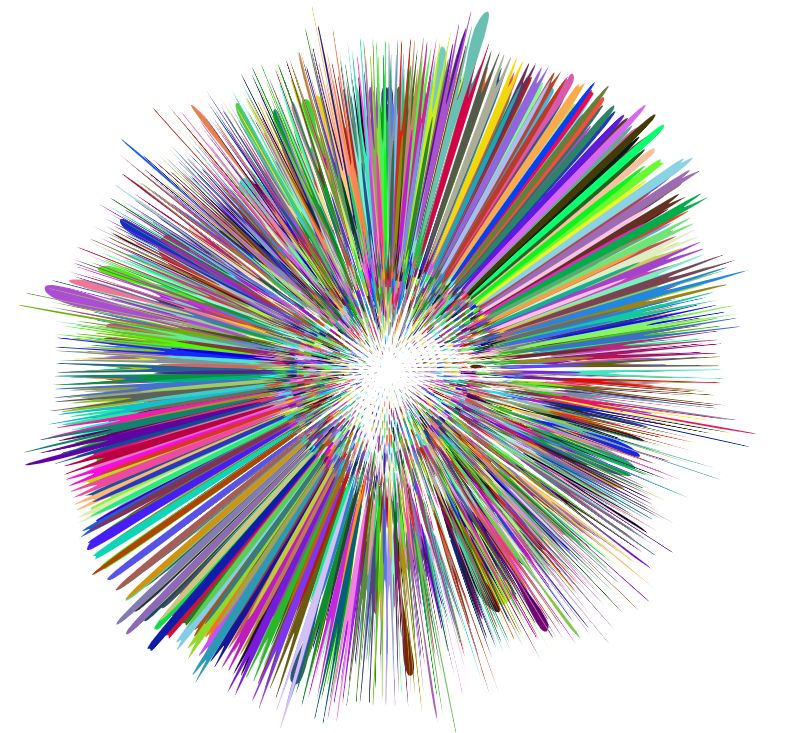| Thursday 11th January, 2024 Registration 6.00pm Lecture 6.30pm to 7.30pm |
|
| Royal Aeronautical Society Headquarters No.4 Hamilton Place, London W1J 7BQ |
|
| Map Travel | |
I will be holding a small meetup sign during the reception after the talk |
|
| Yes 1 |
Maybe 0 |
No 0 |
Explosives - The Past, Present and Future

Start the year with a bang. This talk is open to non-members of the Royal Aeronautical Society but registration and account creation is required
Explosives have been part of our lives for many years with the first recording of an explosive powder being used in China in 220BC. In the 13th Century Roger Bacon experimented with explosives by making black powder and by the end of the 13th Century explosives were being used by many European countries. Nowadays explosives are part of our everyday life; they are in airbags, ejector seats and fireworks as well as propulsion for space shuttles, demolition aids and under water cutting charges for off-shore gas lines.
Professor Jackie Akhavan introduces the various types of explosions and explains the conditions under which a chemical reaction becomes an explosive. She explores the inputs to initiate the explosive and the subsequent outputs. In looking at the past she covers explosive mixtures and then introduces the concept of molecular explosives which are used today. Looking into the future she highlights current research activities.
All RAeS HQ lectures are free to attend for both members and non-members.
Speaker Details
Professor Jacqueline Akhavan, BSc(Hons), MPhil, PhD, CChem, FRSC, FIExpEProfessor Akhavan joined the academic staff at Cranfield University in 1987 after graduating from Southampton University with a PhD in polymer chemistry. In the early 1990s she was invited as a visiting research scientist to Akron University in Ohio to develop high energy rocket propellant. In 2001 she was appointed Associate Dean of Undergraduate Studies, in 2007 she was awarded a personal chair in Explosive Chemistry, in 2011 she was appointed as a member of Council to the University, and in 2014 took up the position of Director of Education for Cranfield Defence and Security.
Professor Akhavan has held a variety of positions external to the University, including member of the European Reference Network for Critical Infrastructure Protection, member of the National Industry Advisory Group for NATO on demilitarisation, Chairperson of the Wessex Branch of the Association for Women in Science and Engineering and has been a Chartered Chemist for over 30 years.
She is the Head of the Centre for Defence Chemistry, and a member of the UK Defence Science Expert Committee (DSEC) reporting to the Defence Chief Scientific Adviser for Defence as the UK expert is explosives and weapon systems. This position has just been renewed for another 3 years. Her expertise is in explosive chemistry and she has supervised over 20 PhD/MSc students, written and contributed to 5 books, and published over 70 papers in peer reviewed journals.
The Centre for Defence Chemistry has state of the art facilities for the manufacture and synthesis of novel of explosives, together with an accredited test house for hazard testing and an explosives range at COTEC, where performance tests can be carried out. The Centre also hosts the UK Centre of Excellence for Explosives (COEEM).